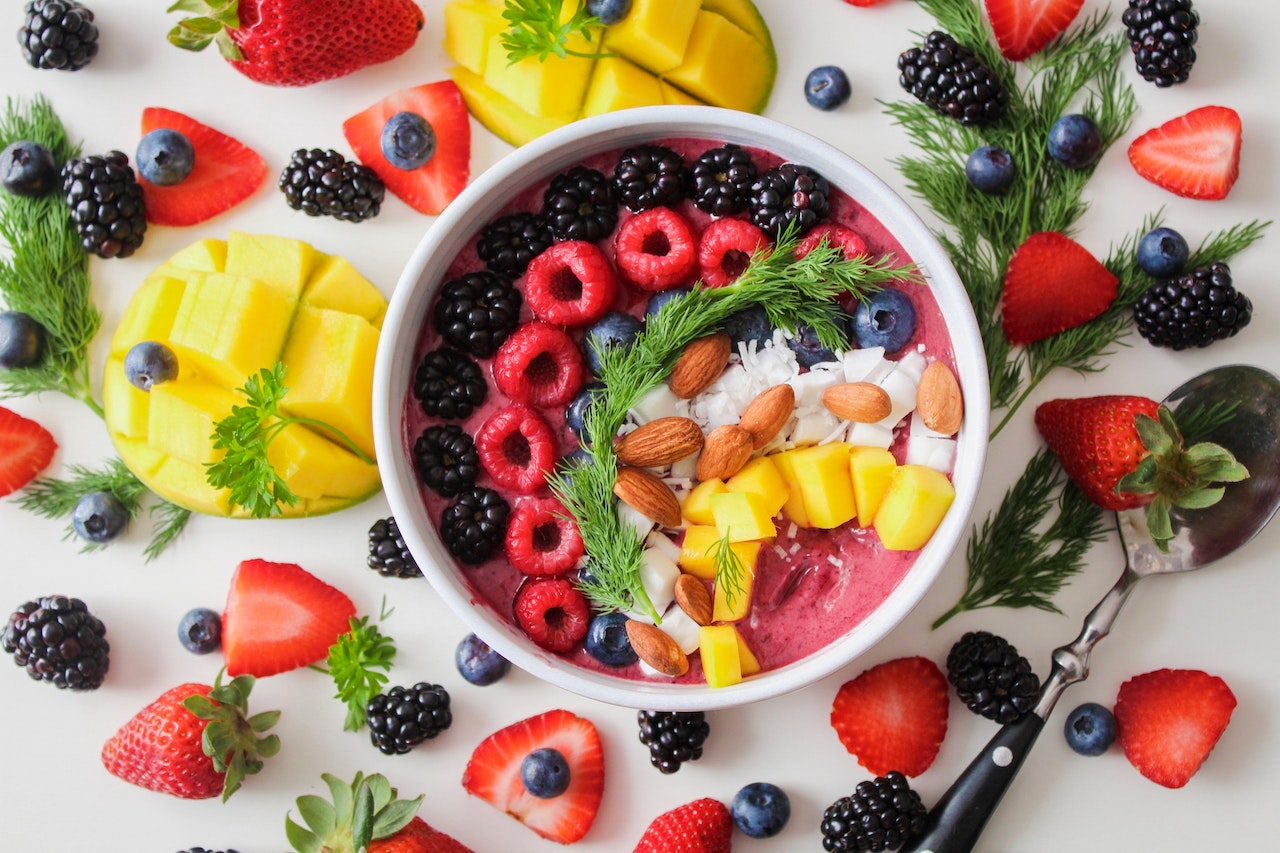It’s normal for the occasional lousy mood to leave you elbow deep in a bag of chips (no judgement here). When we’re feeling sour, it’s natural to reach for sweets, a salty snack or some other comfort food. But while these tasty treats might help you fight off a case of the hangry-s, they don’t do a lot for your long-term happiness. Luckily, there are certain foods that can help you keep those blahs at bay for the long haul. If you’re done with that post-donut downswing, this is a list you’re going to want to keep on lock.
1) Oatmeal
Looking to start your morning with a little pep in your step? Oatmeal delivers a one-two punch to keep your mental health in check. It’s chock full of l-tryptophan, an amino acid your body uses to make serotonin, your brain’s feel-good hormone. It also contains a hearty dose of fiber, which is linked to a healthy gut. And you know the classic saying: happy gut, happy life, right? Having healthy bacteria in your gut may leave you less likely to have certain mood-related disorders.
2) Red Peppers
Roasted, stuffed, or chopped up in a stir fry, this tasty veggie is a total crowd pleaser—and not just because it can be tossed into basically any dish. Thanks to their high vitamin C content, red peppers may help give your mood a little lift. While the particulars aren’t well understood, your brain uses vitamin C for many biological processes, and it’s been linked to quicker recovery from mental stress and a positive mood.
3) Blackberries
That summer blackberry crumble is doing more than satisfying your sweet tooth. Blackberries are rich in antioxidants like anthocyanins and flavanols that play a role in mood regulation. High intake of berries has been associated with a positive effect on mood and may even play a role in working memory. Add some berries to your yogurt or try throwing frozen berries in a smoothie.
4) Salmon
Salmon is a great source of vitamin D, a hormone-like vitamin that plays a role in mood regulation. One palm-sized filet of farmed Atlantic salmon (about 3.5 oz) contains roughly 66% of your daily needs. While eating vitamin D-rich foods, like salmon, isn’t going to give you an instant bump, getting your daily dose has been associated with a reducing negative moods in some people.
5) Jerusalem Artichokes
This nutty, creamy root vegetable makes an excellent mash that might even bring a smile to your face—literally! Jerusalem Artichokes contain inulin, a type of fiber that works like food for the healthy bacteria in your gut. Unlike other nutrients that work over a longer period of time to support a positive mood, inulin may help provide an instant mood lift.
About Allie
Allie has a master’s in nutrition science from Framingham State University. She has worked as a Health Educator and Personal Trainer, and has a passion for helping people lead happier, healthier lives.
Do you have questions about supplements? Reach out to one of our experts, or take Persona’s free nutrition assessment, and learn exactly what you need to take your wellness to the next level.

